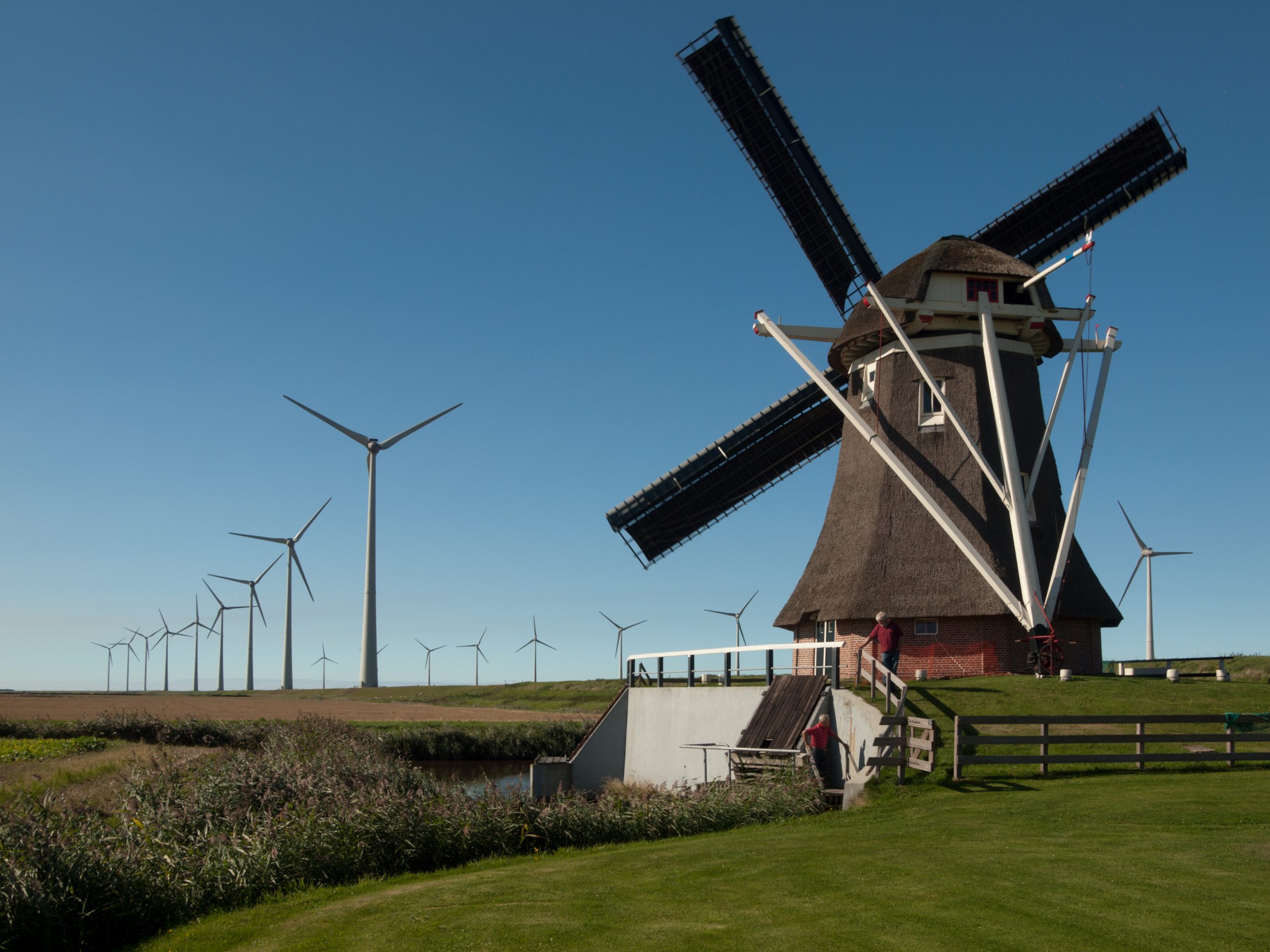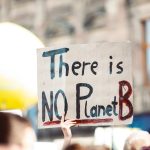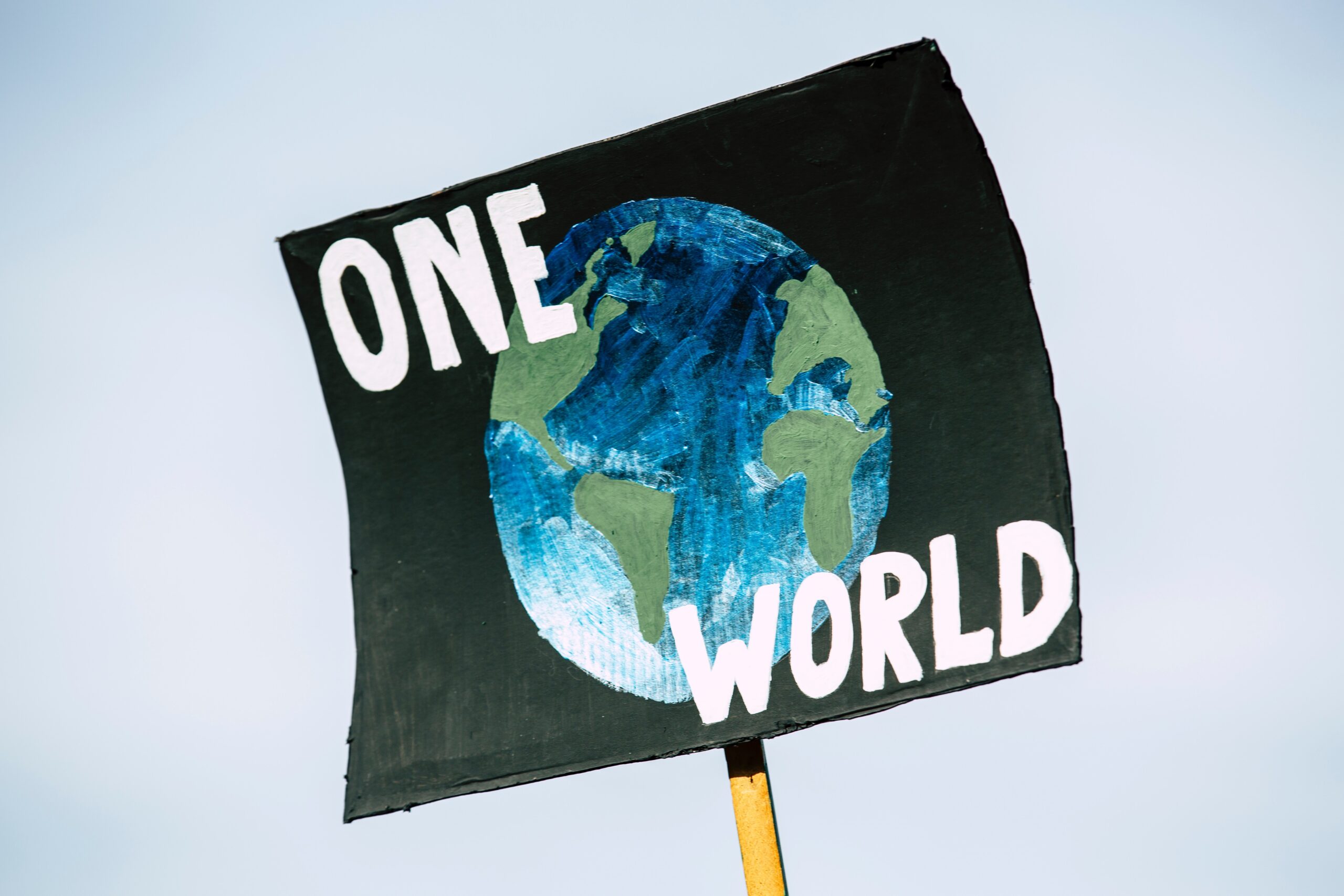Staying below 2°C: The implications of the Paris Agreement for the Netherlands

Are you enjoying your Christmas holidays? If you are in the Netherlands you will probably have noticed by now: no white Christmas this year. In fact, this is the warmest December that has ever been recorded in the Netherlands. To you it might be nice to go outside in your autumn jacket without the risk of freezing your feet off. However, the 195 countries that adopted the global climate deal in Paris earlier this month think differently of global warming.
The Paris Agreement sets out a legally binding global action plan to put the world on track to reverse dangerous climate change by limiting global warming to well below 2°C, aiming to limit the increase in temperature to 1.5 °C in total. All signatory states, among which the Netherlands, have committed to change their energy policies.
“The gas reserves in Groningen will be exhausted in 20 years, so it is desirable for everyone to start making the switch to green energy right now.”
To reduce global warming, the use of fossil fuels should be kept to a minimum. A switch to green energy sources is called for. This is good news for the opponents of the gas extraction in Groningen. Marjan Minnesma, director of sustainability organization Urgenda, said: “The gas reserves in Groningen will be exhausted in 20 years, so it is desirable for everyone to start making the switch to green energy right now.”. Minnesma predicts that the use of wind farms will expand vastly as a result of the deal. In the Netherlands, the use of windfarms has already been in an upsurge recently, as the Dutch have been trying to meet the EU-set target of producing 14% of total electricity from renewable sources by 2020. Now this practice can be continued and expanded on.
Kornelis Blok, Scientific Director of Ecofys and professor in Delft, agrees with Minnesma. According to Blok, the climate agreement will have profound implications for the Netherlands. In his opinion, the fact that so many countries have endorsed a maximum temperature increase of 1.5 °C, means in practice that we need to part from coal, oil and natural gas as energy sources.
Climate expert Jan Paul van Soest has expressed that it is of utmost importance that the major industrial sectors in the Netherlands get on board with the use of green energy. Furthermore, van Soest says that these sectors require a severe reevaluation of their overall energy policies in order to align with the Paris objectives. Although the CO2 policy for these sectors is within the discretion of the EU, the Netherlands will have to take big steps in this area to meet the target.
The Paris deal has set an ambitious goal for its signatories. Right now, fossil fuels still account for 80% of the world’s energy consumption. However, critics are hopeful that once more creative and innovative sources of energy are normalized, we can beat the heating up of our planet. And if we make the change fast, maybe next year we will have a white Christmas.
Featured Image:
Uberprutser (https://commons.wikimedia.org/wiki/File:Goliath_Poldermolen.jpg), „Goliath Poldermolen“, https://creativecommons.org/licenses/by-sa/3.0/nl/deed.en



